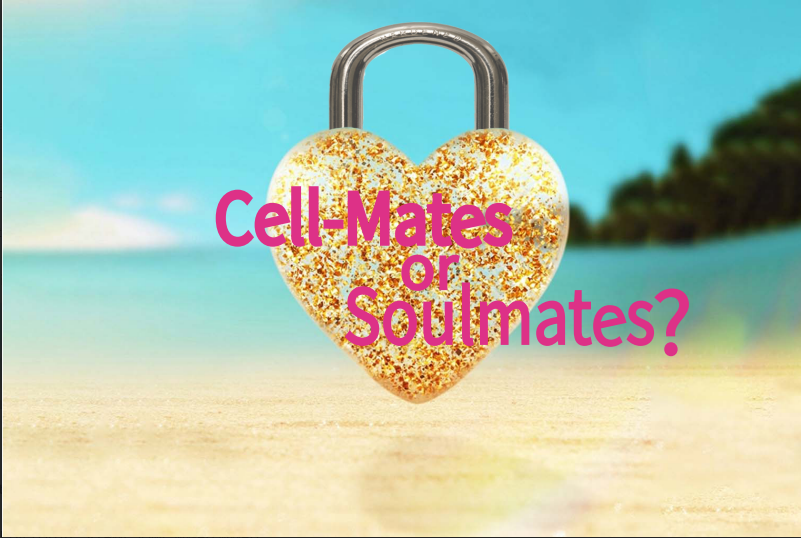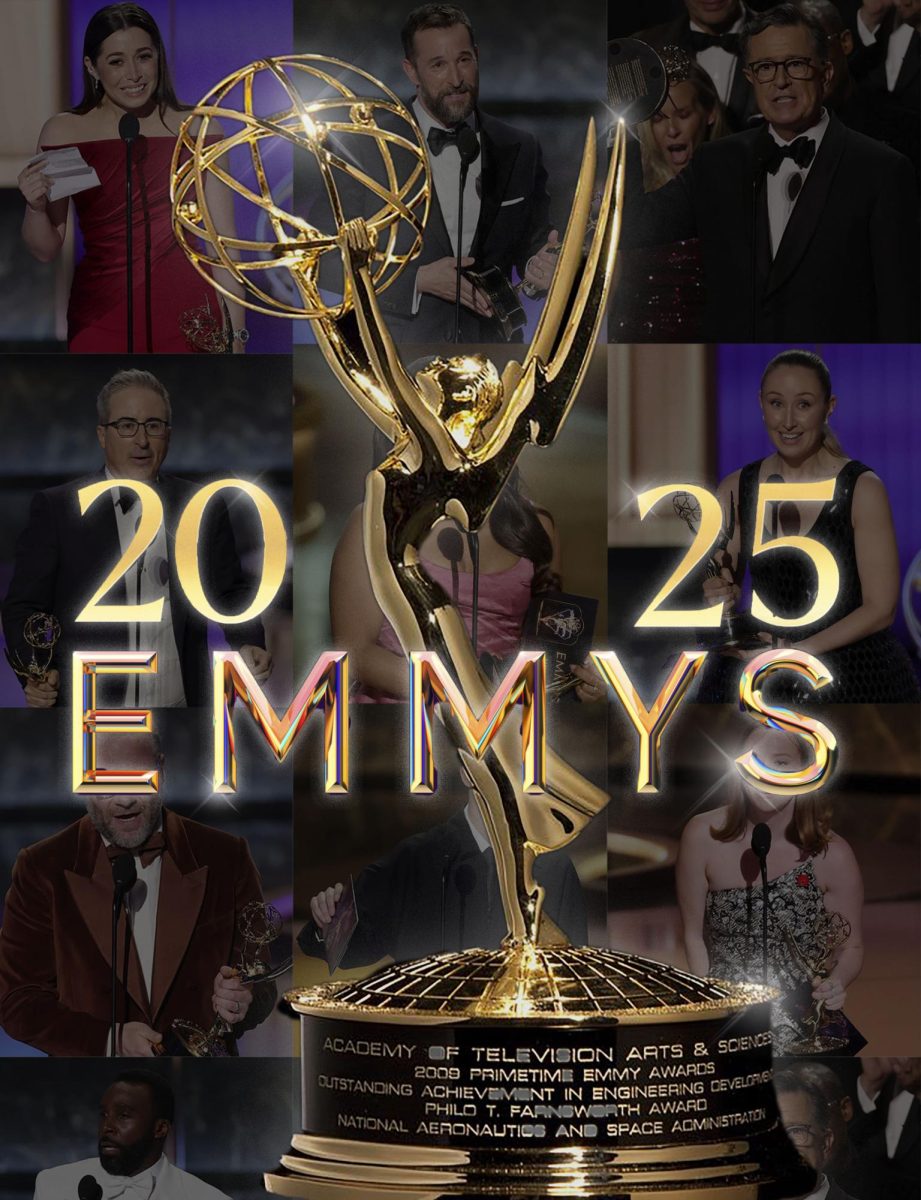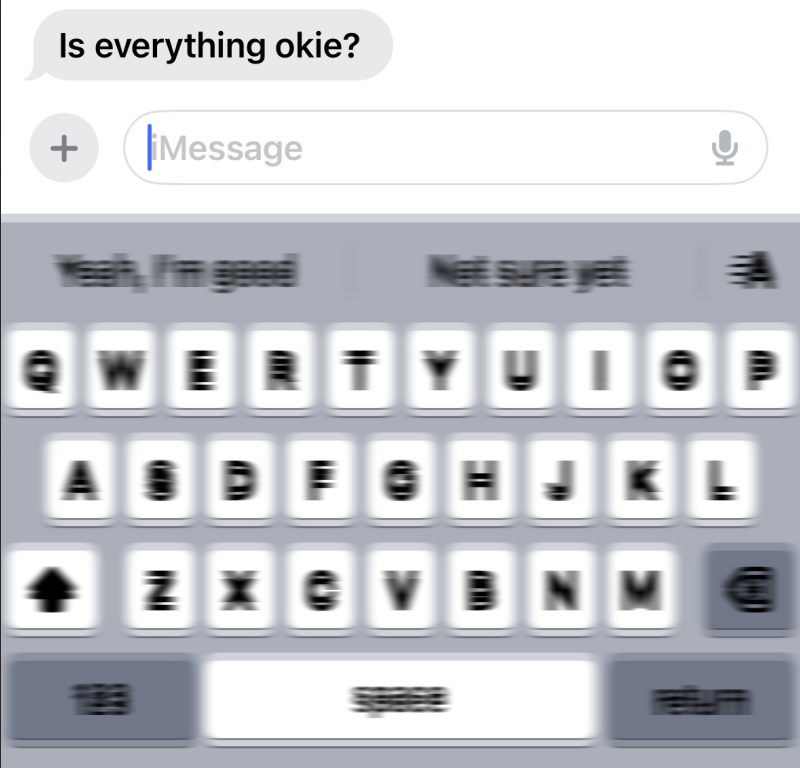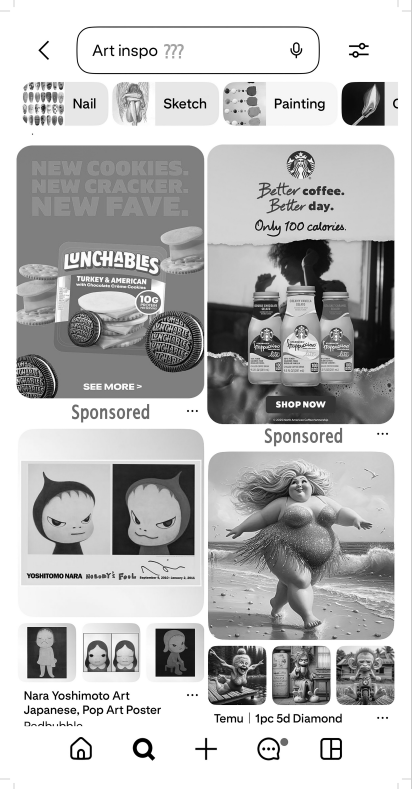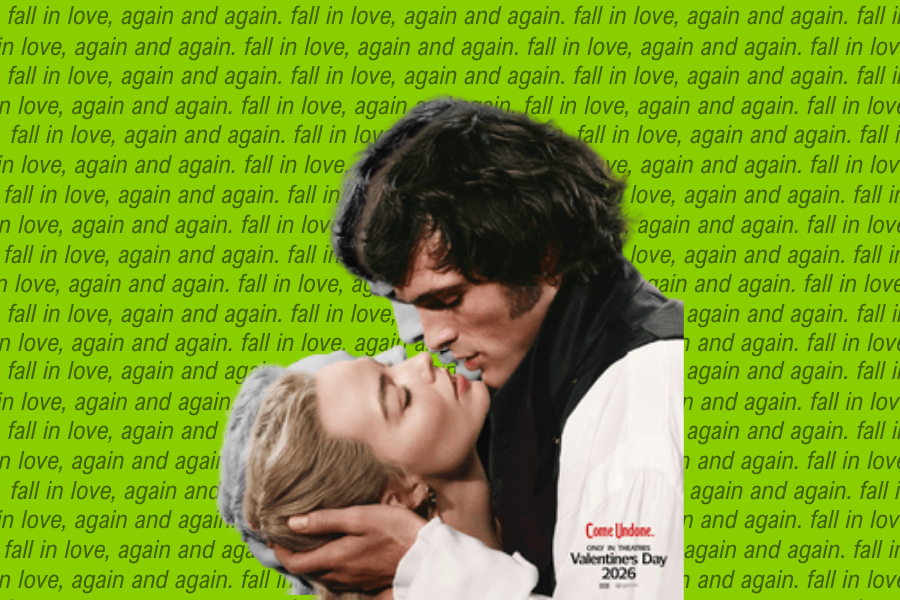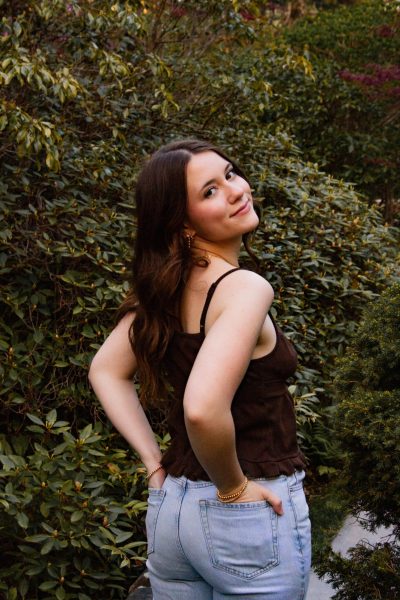Reality TV is and has always been, of course, far from the “real” thing. Clips are pasted together, dramatic music is played and most importantly, people’s best and worst moments are broadcast across the world for all of us to see and judge and relentlessly pick apart. While some criticisms are valid, I believe that some credit is due to the contestants who continue to put themselves out there despite the inevitable social media response, whether it be good or bad.
That being said, I do think we’ve seriously lost the plot in terms of what dating shows, and reality television in general, are really for. Aside from the entertainment aspect, reality TV used to mean something different to those starring in it and those watching it than it does today. Where there used to be authenticity and vulnerability, we now see scripted moments and carefully pieced together editing tactics that tend to be very misleading to the viewer. It could be argued that this shift is largely due to the rise of social media.
Think back to the early 2000s, the time right before smartphones were placed in our hands, and suddenly, the world around us became dimmer. People couldn’t open up Twitter or TikTok and be bombarded with every other person’s opinion immediately after viewing the latest episode of their favorite reality show. While I do think it is important to have conversations about these things and share diverse viewpoints, I also believe that with social media comes a herd mentality where we all jump on the same hate train because it’s fun and entertaining.
Take the latest season of “Love Island USA” for example. In the modern age of TikTok and social media, information spreads much quicker than it used to, which drastically affects the organic and natural feel of the show. This past season, it seems as though the cast had studied last year’s stars — many of whom are now popular influencers and social media stars – and are trying to replicate them rather than just being themselves. Moments that are authentic, such as controversial cast member Huda Mustafa’s notorious meltdowns, are immediately dissected online, making it seem like production clambers to adjust the show mid-flight in order to get a stronger reaction from the audience and thus more views. The way the show is edited directly correlates to how the viewers feel about the cast — a move designed to boost engagement rather than tell a real story.
These editing tactics result in a wave of negativity via social media, where fights break out, sides are taken and hateful comments are made about people’s appearances and personal lives. The people in charge of these TV shows are getting the attention they strive for — at the expense of the people who make the show entertaining.
We love reality television because we see ourselves in it. The drama, the play-by-play’s, the fighting and the relationships all remind us of our own lives in a way. We find comfort in seeing people with flaws, real humans with real emotions. And while there is nothing wrong with consuming and enjoying this form of entertainment, I think we should all go about it with a little bit more respect and critical thinking, and the producers of these iconic shows should take the feelings of the cast into consideration a lot more — television can be enjoyed without exploiting human beings.


